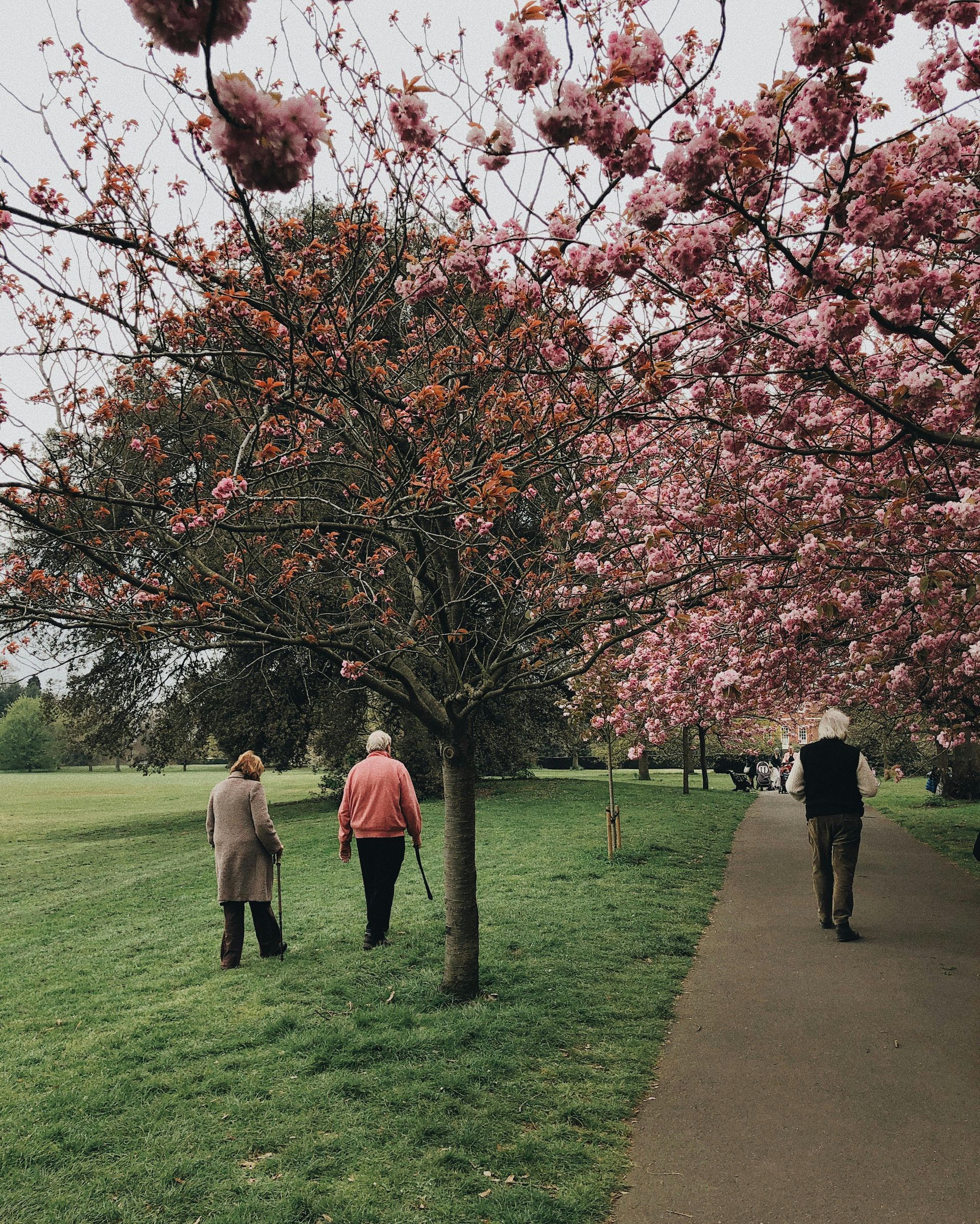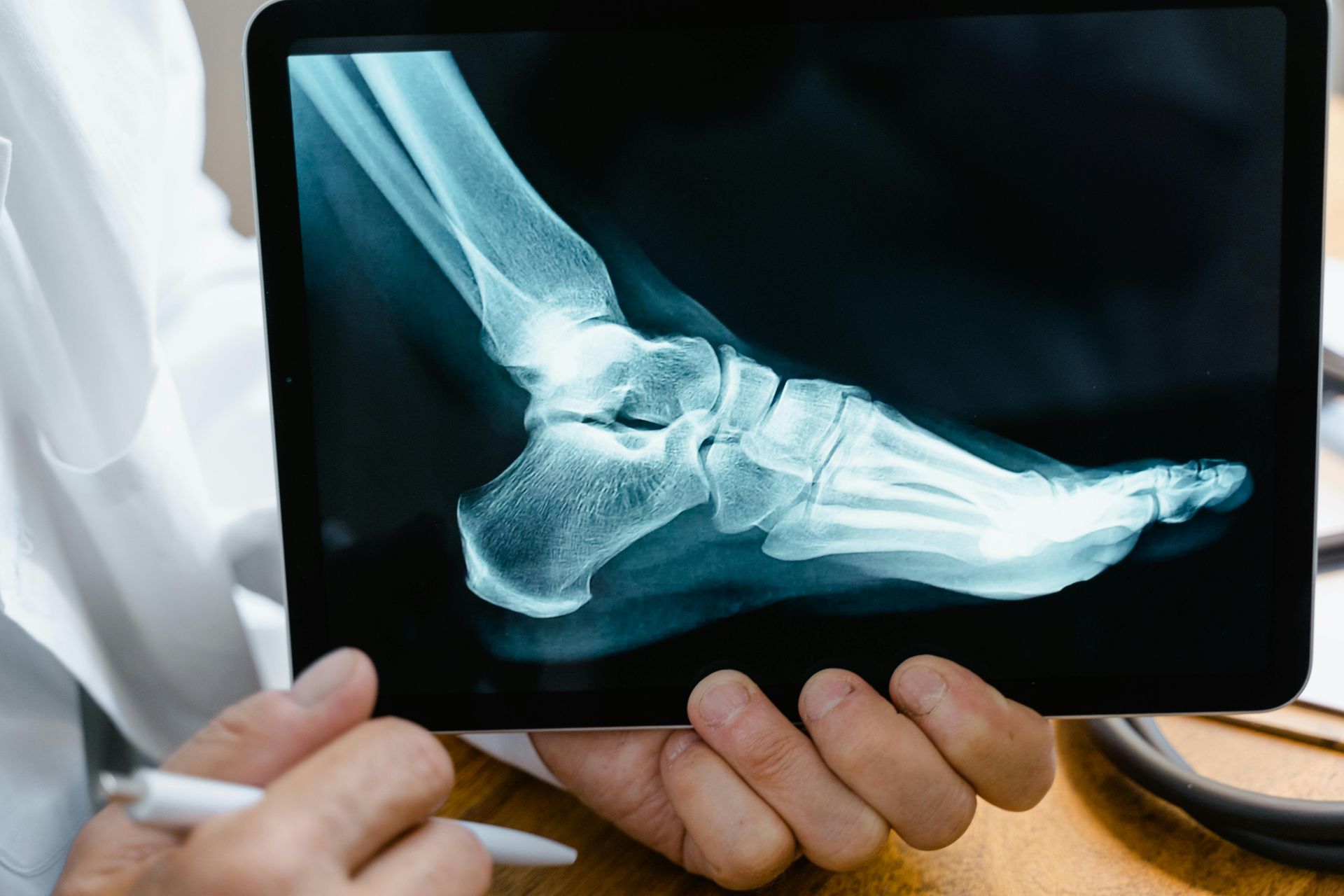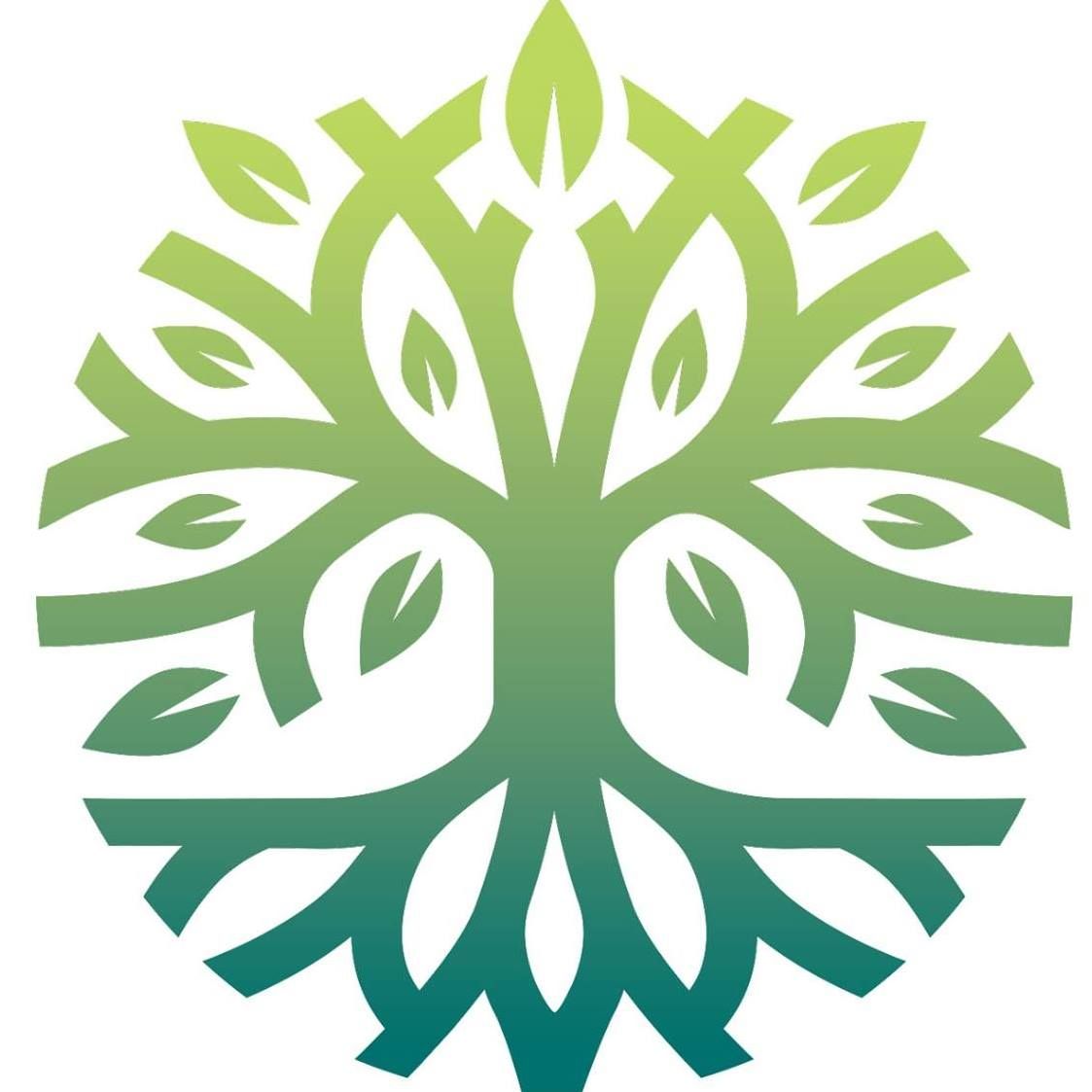The Power of Protein for Athletes and Elders
The Power of Protein for Athletes and Elders

Protein is one of the most important nutrients for your body. It helps build and repair muscle, supports healthy skin and hair, and keeps you full and energized throughout the day. Yet many adults aren’t eating enough protein, which can lead to fatigue, cravings, blood sugar crashes, and poor recovery after exercise. Whether you’re an athlete chasing performance goals or simply aiming to age well, getting enough protein daily is essential.
How Much Protein Do You Need?
General recommendations suggest aiming for 0.6–1.0 grams of protein per pound of body weight per day, depending on your activity level and goals. For most adults, that works out to around 20–40 grams of protein per meal, spread evenly throughout the day. Consistency matters more than cramming it all into one sitting.
Protein Sources
It does not have to be boring chicken and rice, protein comes in many delicious forms. Great options include:
- Animal sources: turkey, fish, lean beef, chicken, eggs, Greek yogurt, cottage cheese, protein powders.
- Plant sources: lentils, chickpeas, beans, quinoa, edamame, tofu, tempeh, nuts, and seeds.
Snacks and Shakes: Easy Ways to Boost Protein
Snacks and shakes are a convenient way to close the protein gap without overeating. A single scoop of protein powder can provide 20–30 grams in under a minute, making shakes perfect for busy mornings, post-workout recovery, or afternoon energy dips. High-protein snacks like Greek yogurt with berries, cottage cheese, beef jerky, hard-boiled eggs, or roasted chickpeas can also help you hit your daily goals while keeping you satisfied.
For Athletes: Fueling Performance
Athletes put more stress on their muscles, which means they need higher protein intake—closer to 0.8–1.0 grams per pound of body weight daily. Protein supports recovery, reduces soreness, and helps build lean muscle.
For Aging Adults: Preventing Muscle Loss
As we age, our bodies naturally lose muscle mass (a process called sarcopenia). Getting enough protein, along with resistance exercise, is key to slowing this decline. Older adults should aim for at least 25–30 grams of protein at each meal. Protein not only preserves muscle, but also supports bone strength and independence in daily life.
Bottom line: Protein isn’t just for athletes—it’s a vital nutrient for everyone. By spreading protein evenly across meals, choosing a variety of sources, and including high-protein snacks and shakes, you’ll support your body’s energy, recovery, and long-term health.




